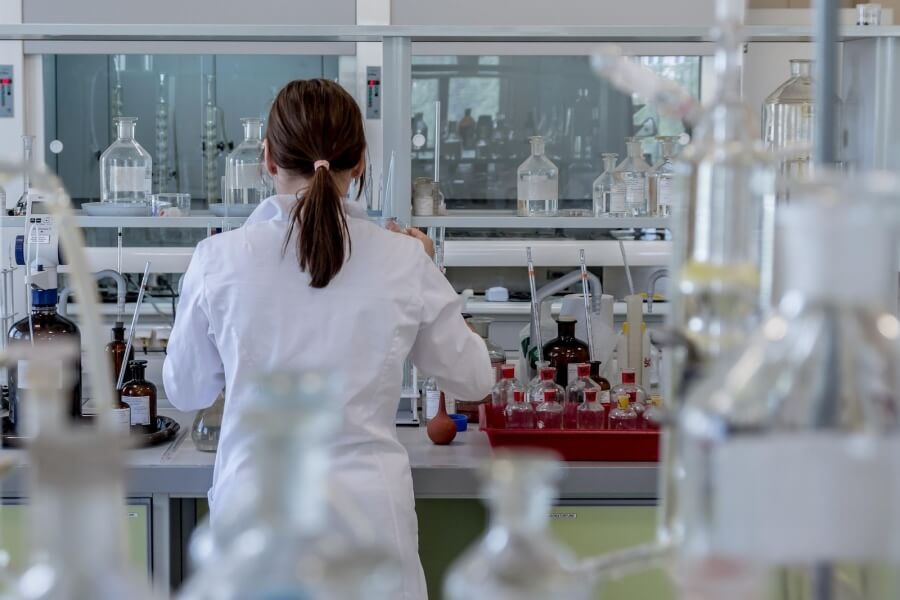There are different types of laboratories each with specific purposes, needs and challenges. They include production, clinical, medical, analytical, quality, incubator and research and development laboratories. Within each of these laboratories are specialized subsections that deal with specific functions.
This makes the management of laboratories so complex given the huge number of samples, stringent procedures that have to be followed, the accuracy of results demanded and the timelines that have to be met for the delivery of results.
As a laboratory manager, it is your responsibility to ensure the success and growth of your laboratory. Unfortunately, there are many laboratory management challenges that may hinder the realization of this very important goal. They include the following:
- Downtime
Laboratory equipment usually breaks down and need to be maintained from time to time. This leads to loss of productivity, opportunities, confidence and also damaged reputation because customers will not get their results on time and so on. Downtime can happen because of scheduled maintenance or an unplanned one as a result of technician error, breakdown of instruments or issues to do with sample preparation.
- Testing requirements
Laboratories carry out tests following the standard operating procedures especially when it comes to sample preparations, test procedure and so on. Although very critical, these requirements can be complex and usually increases the amount of time required for the entire testing process.
- Sample preparation
Every laboratory measurement is only as good as the sample preparation that precedes it. This means that the error during sampling and sample preparation is higher than that of the methodology itself hence the time consuming sample preparations that characterize many laboratory measurements.
- Keeping with changing regulations
One of the main challenges that laboratory managers have to overcome is keeping up with changing regulations and standards that govern their activities. The implementation of these changes is important for licensing as well as accreditation and cover different areas including training, laboratory methods and safety requirements among others.
- Workflow optimization and data management
Coordinating tasks between technologists and systems as well as ensuring that all steps and requirements are adhered to is very important in any laboratory. However, inefficient workflow and lack of a good system for handling large volumes of data is still a challenge in many laboratories.
- Tech solutions for laboratory management
Embracing the most current technologies in the laboratories should not only be about the use of sophisticated analyzing equipment but also automated systems for timely delivery of accurate results. Laboratory research software is being widely used to analyze data instantly, organize work, optimize workflow and perform more work with less staff. When choosing animal research software, you need to start by looking at the animal research software homepage to verify if it has the capabilities that you desire before purchasing it.
Other technological solutions for laboratory management include lab data management systems, laboratory information management systems, workflow management systems and time tracking systems which give more details on employee productivity among other solutions. When it comes with unplanned downtime issues, it is important to increase the use of automated systems, collaborate more with manufacturers for more after sale services and reduce the device troubleshooting time.
It is true that increasing the productivity and system efficiency of your laboratory is the only way towards achieving any future growth and expansion of services. This will only come true if you manage laboratory challenges that continue to bring down many laboratories around the globe. One proven solution which will ensure the reliability the results, reduce downtime, optimize workflow and fast delivery of results is implementing new laboratory technologies.

